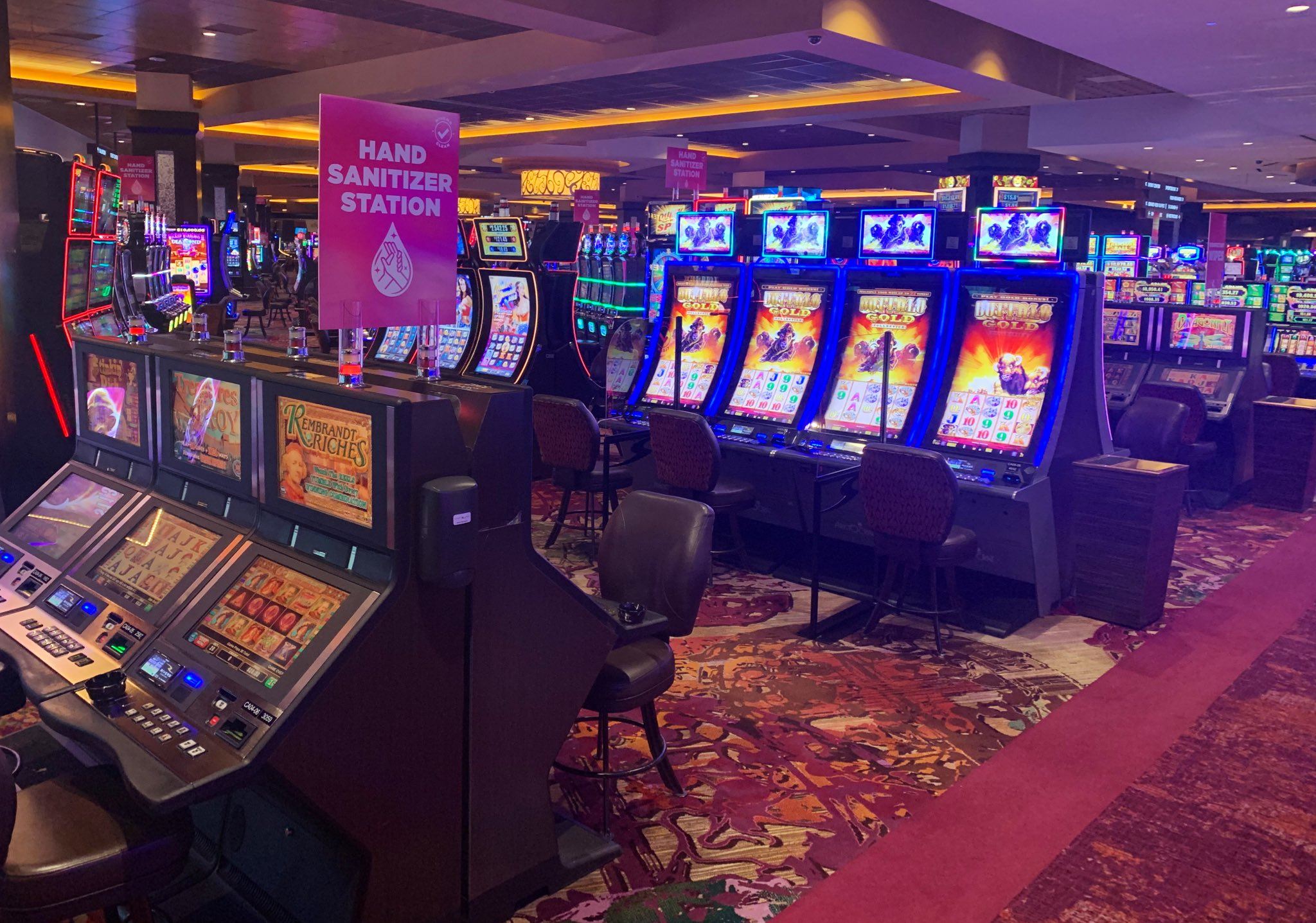
Gambling in casinos has long been a subject of fascination and debate, drawing in millions of players around the world. With a mix of chance, strategy, and the thrill of uncertainty, casino games offer an exhilarating escape from everyday life. https://bj88a.info/ However, as entertainment becomes ever more accessible, it calls for a deeper examination of the ethical implications surrounding these games.
At the heart of the discussion lies the issue of whether casinos promote safe gambling or exploit vulnerable individuals. The appeal of potential winnings versus the reality of losses can create a complex dynamic, and understanding this balance is essential for both players and operators. As we delve into the ethics of casino gaming, we will explore the duties of casinos, the effects on society, and the measures that can be taken to foster a healthier gaming environment.
The Impact of Casino Gaming on Society
Casino gaming has a significant influence on societal dynamics, affecting not only the economy but also interpersonal dynamics and local frameworks. The funds generated from casinos can lead to employment opportunities and boost regional economies, as they provide various employment opportunities in multiple fields including food and beverage, entertainment, and retail. Bj88 However, while the financial benefits can be substantial, communities often grapple with the potential negative impacts that arise from higher gambling activity.
Additionally, the presence of casinos can lead to an rise in gambling addiction, presenting significant challenges for players and families. The thrill of casino games can quickly evolve into a habitual habit, affecting connections with others and leading to financial instability. Many individuals may find it difficult with the loss of control over their gambling habits, resulting in a need for community support services and help to address this growing issue. The social cost of addiction can extend through kinships and neighborhoods, creating an urgent need for responsible gaming initiatives.
In addition to the economic and social ramifications, casino gaming often reflects cultural attitudes towards risk and leisure. It can encourage a sense of joy and leisure, attracting visitors and boosting local travel. However, this allure may also mask the broader implications of gambling as a form of entertainment, raising ethical questions about its promotion and accessibility. As communities weigh the benefits and disadvantages of casino gaming, the need for responsible practices and oversight becomes increasingly critical in ensuring that the positive aspects are maximized while reducing the potential harms.
Moral Issues in Betting Activities
The ethics of casino operations often center around the risk for addiction and its consequences on people and households. Gambling can lead to serious financial distress, impacting not only the gamblers but also their loved ones. As individuals become entrapped in the appeal of winning, many lose sight of their financial limits, which can result in devastating outcomes such as bankruptcy. This poses ethical questions about the duty of casinos in promoting safe gaming practices and offering support for those who may be struggling with betting addiction.
Another major issue is the promotion of gambling to vulnerable groups. Casinos often target low-income individuals or communities with the promise of quick rewards, which can perpetuate cycles of poverty and despair. In this context, the ethics of marketing strategies used by casinos come under scrutiny, as they may exploit the desperation of individuals seeking an escape from economic troubles. This exploitation raises ethical questions about the integrity of the betting industry and its obligation to protect its most vulnerable customers.
Additionally, the impact of gambling gaming on society as a entirety cannot be overlooked. While some argue that gambling establishments create employment and stimulate local economies, others point to the social costs associated with problem gambling, increased criminal rates, and a strain on public services. Balancing economic benefits with the potential for social harm presents a challenging ethical dilemma for policymakers and gambling operators alike. The challenge lies in discovering a responsible approach that prioritizes the well-being of individuals and society while still allowing for the pleasure of casino gaming.
Regulation Framework and Duties
The oversight structure pertaining to casino games is designed to ensure justice, trustworthiness, and gambler protection. Different government bodies and gaming commissions set and apply regulations that dictate how gambling activities work, the guidelines for game development, and the processes for managing rewards. These regulations differ by region but usually involve licensing requirements for businesses and stringent measures to prevent fraud and dishonesty.
In also to regulatory bodies, gaming businesses bear significant duty in maintaining ethical standards within their venues. They must enforce responsible player practices that encourage gambler security and consciousness, including offering self-ban options and sharing information about the hazards related to betting. Casinos are also accountable for educating staff to identify signs of compulsive betting and know the correct measures to support customers in trouble.
Furthermore, openness in casino operations is vital for gaining and keeping public confidence. Casinos should offer clear information about the odds of operations, advertising opportunities, and any associated dangers. By creating an environment of transparency and accountability, casinos can help reduce the likelihood negative impact of gambling while enhancing the general gambling experience for all gamblers.